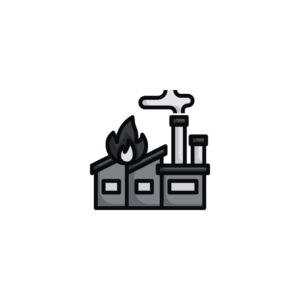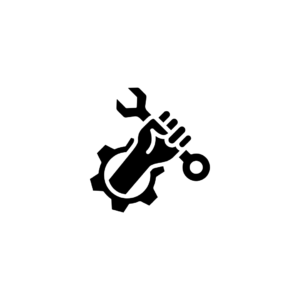Description
A Bachelor of Technology – Lateral Entry (B.Tech-LE) in Biotechnology is an undergraduate program designed for students who have completed a diploma in biotechnology or a related field. This program allows these students to directly enter the second year of the B.Tech program, providing them with an opportunity to further their knowledge and skills in biotechnology, along with practical experience in various applications of this field.
Curriculum Overview
The curriculum for a B.Tech-LE in Biotechnology typically includes core biotechnology courses, engineering principles, and practical laboratory work. Here are some common subjects and areas of study in this program:
Fundamentals of Biotechnology:
Introduction to biotechnology concepts, including genetic engineering, microbial technology, and bioprocessing.
Biochemistry:
Study of the chemical processes in living organisms, focusing on biomolecules like proteins, nucleic acids, carbohydrates, and lipids.
Cell Biology:
Examination of cell structure and function, cellular metabolism, and cell signaling.
Molecular Biology:
Techniques for studying DNA, RNA, and proteins, including gene cloning, PCR, and sequencing.
Microbiology:
Study of microorganisms, their role in biotechnology, fermentation processes, and bioremediation.
Genetic Engineering:
Techniques and applications of modifying an organism’s genetic material for agricultural, medical, and industrial purposes.
Bioinformatics:
Use of computational tools and software to analyze biological data, particularly in genomics and proteomics.
Bioprocess Technology:
Processes for the production of biological products through fermentation and cell culture techniques.
Environmental Biotechnology:
Applications of biotechnology in environmental management, including bioremediation and waste treatment.
Pharmaceutical Biotechnology:
Development and production of biopharmaceuticals, vaccines, and therapeutic proteins.
Industrial Biotechnology:
Biotechnology applications in industry, focusing on sustainable production methods and biofuels.
Biostatistics:
Statistical techniques used in the design and analysis of biological experiments.
Ethics and Regulations in Biotechnology:
Understanding ethical considerations, safety regulations, and the regulatory landscape governing biotechnology research and applications.
Capstone Project/Internship:
Practical experience through a capstone project or internship, allowing students to apply their knowledge in a real-world biotechnology setting.
Career Opportunities
Graduates with a B.Tech-LE in Biotechnology can pursue various career opportunities in sectors such as healthcare, pharmaceuticals, agriculture, and environmental management. Some potential job roles include:
Biotechnologist: Engaging in research and development of bioproducts and bioprocesses.
Microbiologist: Conducting research on microorganisms and their applications in various industries.
Clinical Research Associate: Overseeing clinical trials to evaluate new drugs and treatments.
Quality Control Analyst: Ensuring the quality and safety of biotechnological products through testing and validation.
Regulatory Affairs Specialist: Navigating the regulations governing biotechnology and ensuring compliance.
Bioprocess Engineer: Designing and optimizing bioprocesses for the production of biological products.
Bioinformatics Specialist: Analyzing biological data using computational tools to support research and development.
Pharmaceutical Sales and Marketing Representative: Promoting biopharmaceuticals and biotechnology products to healthcare professionals.
Research Scientist: Conducting research in academic or industrial laboratories focusing on various aspects of biotechnology.
Environmental Scientist: Applying biotechnological principles to address environmental issues such as pollution and waste management.
Further Education
Graduates may choose to pursue a Master?s degree or specialized certifications in areas such as molecular biology, bioinformatics, or industrial biotechnology for further career advancement and specialization.
If you have any further questions about the curriculum, potential career paths, or other aspects of a Bachelor of Technology – Lateral Entry in Biotechnology, feel free to ask!









